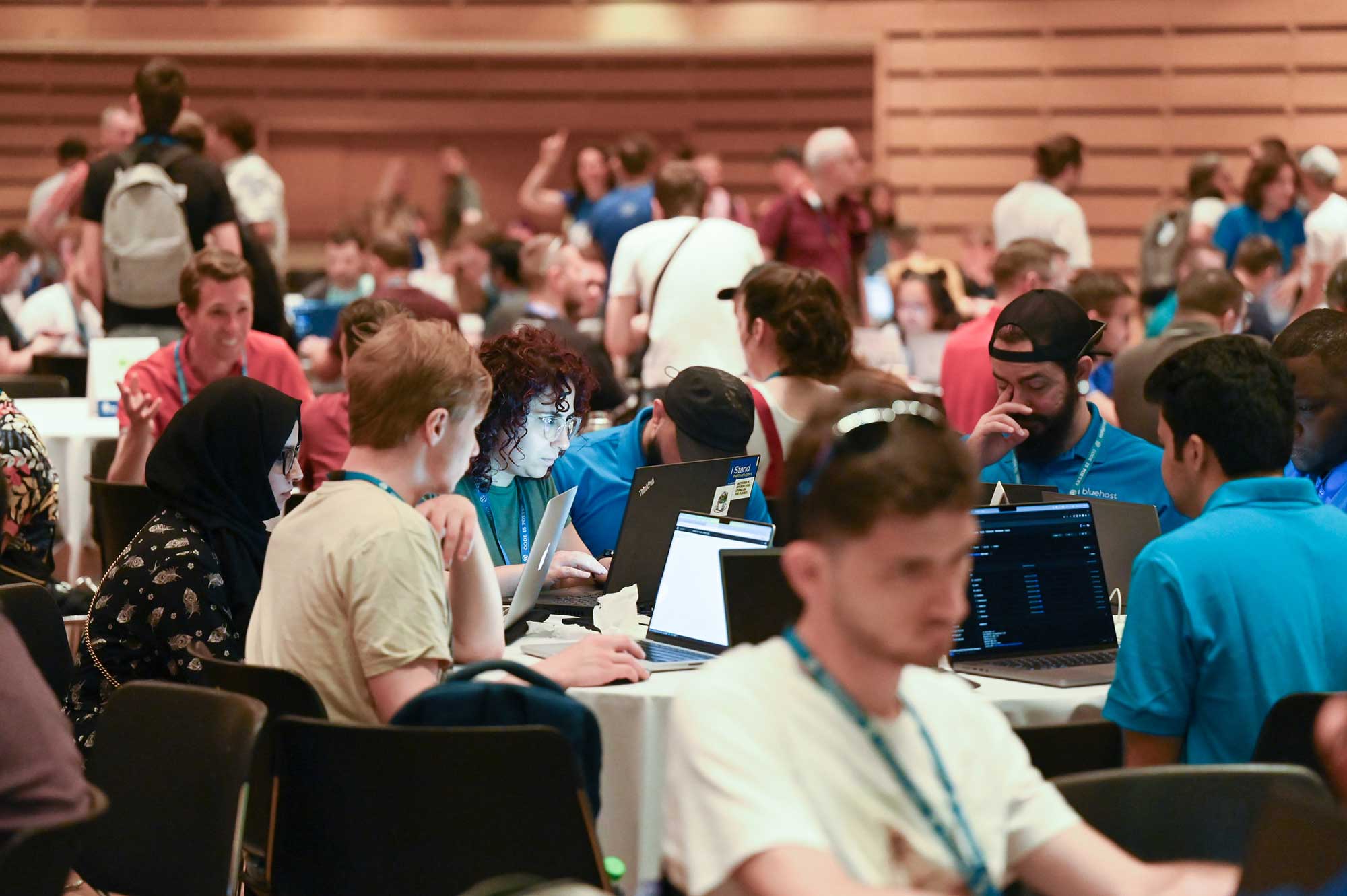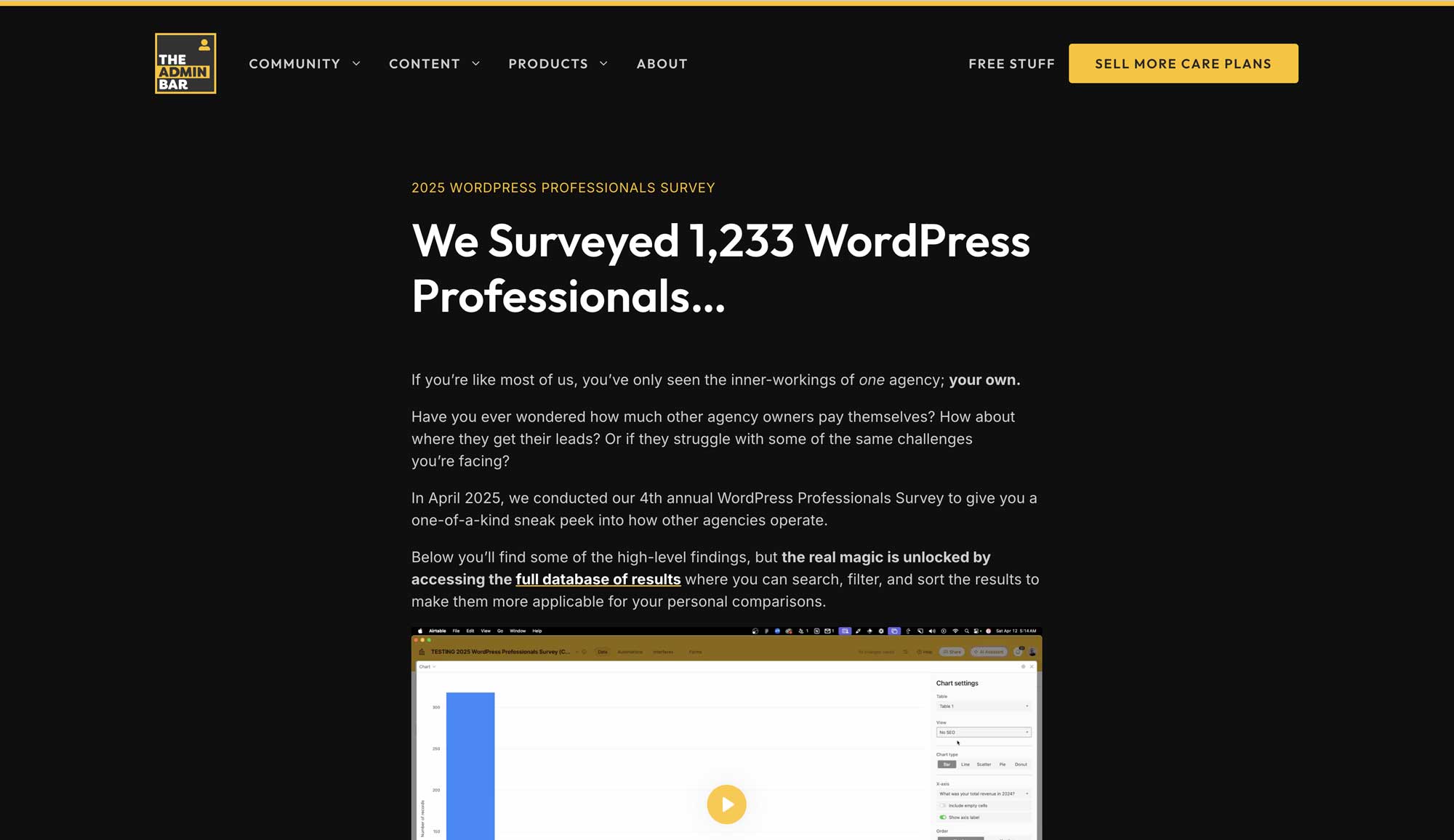The WordPress project has officially shifted to a one-release-per-year schedule — and not everyone is on board with how the change was made.
Following the release of WordPress 6.8 “Cecil” last week, Executive Director Mary Hubbard confirmed that no other major versions of WordPress are planned until 2026. In a blog post on WordPress.org, she said the decision to move from three major releases to just one each year “reflects current realities — particularly the energy and resources being diverted due to ongoing legal matters.”
“If those lawsuits are dropped or resolved, we’ll revisit this cadence and strongly consider returning to a three-releases-per-year schedule,” Hubbard wrote, referring to WP Engine’s antitrust lawsuit against Automattic and its CEO, Matt Mullenweg. “That remains the ideal for a fast-moving, community-driven project like WordPress.”
She said the slower pace would give contributors time to tackle longstanding technical debt, improve performance, support canonical plugins, and invest in design, testing, and the broader contributor experience. She also noted the extra time would allow for WordPress 7.0 to be a “thoughtful, intentional” milestone release.
While Hubbard has framed the new release cadence as the result of a meeting with core committers in March, several committers and contributors — posting in Post Status Slack — have distanced themselves from the decision. Many committers and contributors have publicly — and privately to The Repository — said the decision to shift to yearly releases was clearly made by Mullenweg ahead of the March meeting, with one committer describing Hubbard’s narrative as “rubbish.”
“I surely hope no one is blaming core committers. Any of us who have been around long enough knows Matt makes those calls,” posted former WordPress Accessibility Team rep Alex Stine in Post Status Slack.
Minor releases step up
With no major releases expected until sometime in 2026 — no date has been confirmed — attention is now turning to maintenance. Michelle Frechette, who helped coordinate 6.8, has called for rotating release managers to lead 6.8.x updates in three-month cycles.
Core committer Aaron Jorbin, who has taken on the task of leading minor releases in recent months, has proposed a “more risk-averse” approach that sticks to existing guidelines: no new files, smaller package sizes, and minimal refactors.
“This isn’t a decision I completely agree with,” Jorbin wrote about the move to an annual major release schedule. “But I think it’s important to disagree and commit.”
He also proposed that minor releases could include well-tested features and enhancements, such as improvements to the Site Editor and updates to default themes through new block patterns, instead of introducing a brand-new theme in 2025.
Concerns over user experience
The slower cadence has raised questions about whether key user-facing issues will remain unresolved. YouTuber Adam Preiser, who runs WPCrafter — a popular WordPress-focused channel with more than 250,000 subscribers — questioned how long it will take for the block editor to gain responsive controls, a long-standing feature request.
“If WordPress now has 1 release per year, does that mean that the block editor is not getting mobile responsive controls for the indefinite future?” he posted on X. “This begs the question, then who are those AI website creators for?”
His comments follow Automattic’s recent launch of an AI-powered site builder for WordPress.com that relies entirely on the block editor.
During an informal meeting of core committers at WordCamp Asia in February, attendees raised concerns about the lack of short-term planning for WordPress, and key block editor projects without clear ownership or experienced contributors to move them forward.
Commits to the Gutenberg GitHub repository fell sharply in January after Automattic significantly cut its contributions to Five for the Future. Several “visionary/product-focused contributors” whose work was critical to Gutenberg’s development are no longer contributing to the project.

Legal distractions linger
Writing on his blog last week following the release of WordPress 6.8, Mullenweg reflected on “interesting open questions” in WordPress right now, including how contributors might iterate faster with canonical plugins, what WordPress 7.0 might include, and how AI might help automate work across WordPress.org and improve plugin and theme security.
He said these questions came “against the backdrop of some of the brightest minds in WordPress spending more time with legal code than computer code, which could last until 2027 or longer with appeals.”
He also shared that he had completed his first deposition related to WP Engine’s lawsuit, saying that while he appreciated the due process and decorum of the rule of law, it was mentally exhausting.
“I can’t wait to return to spending the plurality of my days with engineers and designers again. I’m sure many other folks in the WordPress community would agree,” he said.
Image credit: WordCamp Europe 2023 – Athens.








Leave a Reply